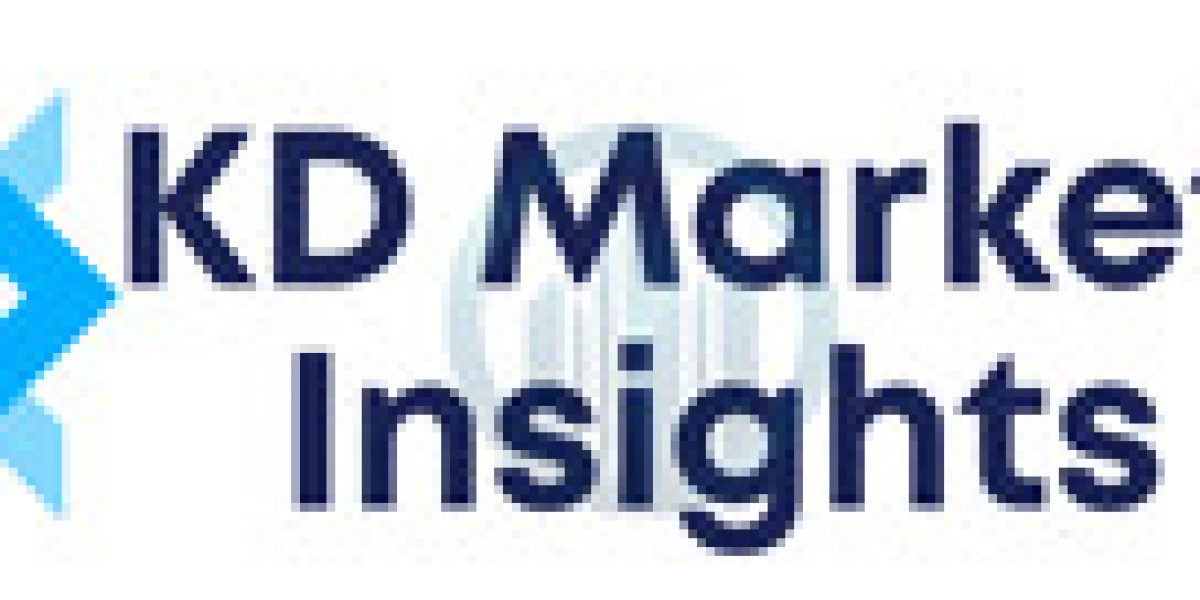The drug repurposing market is experiencing rapid growth as pharmaceutical companies and researchers seek more efficient, cost-effective alternatives to traditional drug development. Drug repurposing, or drug repositioning, involves identifying new therapeutic uses for existing drugs that are already approved by regulatory authorities. This approach has gained significant traction due to its potential to shorten development timelines, reduce costs, and mitigate the high failure rates of novel drug discovery.
Market Drivers
Several factors are driving the expansion of the drug repurposing market:
- Cost Efficiency: Developing a new drug from scratch can cost billions of dollars and take over a decade. In contrast, repurposing existing drugs significantly reduces development costs and time, as many drugs have already gone through early-phase clinical trials and have a known safety profile.
- High Unmet Medical Needs: Many diseases, particularly rare and complex conditions, lack effective treatments. Drug repurposing offers a promising solution by exploring established drugs for new indications, potentially addressing gaps in current treatment options.
- Technological Advancements: The use of artificial intelligence (AI) and machine learning (ML) has transformed drug repurposing efforts. AI-driven algorithms are enabling faster identification of potential drug candidates by analyzing vast amounts of biological and chemical data. This technology accelerates the discovery of novel indications for existing drugs.
- Regulatory Support: Regulatory agencies such as the U.S. Food and Drug Administration (FDA) have introduced pathways like the "Orphan Drug Designation" and "Fast Track" programs to expedite the approval process for repurposed drugs. This further incentivizes the pharmaceutical industry to explore repurposing opportunities.
Key Players and Market Landscape
The drug repurposing market is supported by a wide range of stakeholders, including pharmaceutical companies, biotech firms, academic institutions, and technology providers. Leading companies in this space include AbbVie, Pfizer, Repurposed Pharmaceuticals, and GlaxoSmithKline, which are actively involved in identifying new uses for existing drugs.
In addition, numerous start-ups and research collaborations are focusing on specific therapeutic areas, such as cancer, neurological disorders, and infectious diseases. For example, the repurposing of ivermectin for COVID-19 treatment has garnered significant attention, highlighting the growing impact of drug repositioning in global health crises.
Future Outlook
The drug repurposing market is poised for continued growth. As technology evolves and the demand for faster, cheaper drug development increases, repurposing is likely to become an integral part of the pharmaceutical industry’s strategy. With ongoing advancements in AI, machine learning, and data analytics, drug repurposing holds the potential to revolutionize the way we treat a wide array of diseases, improving patient outcomes and reducing healthcare costs worldwide.





